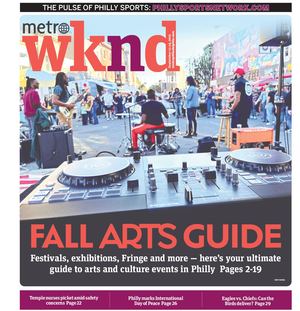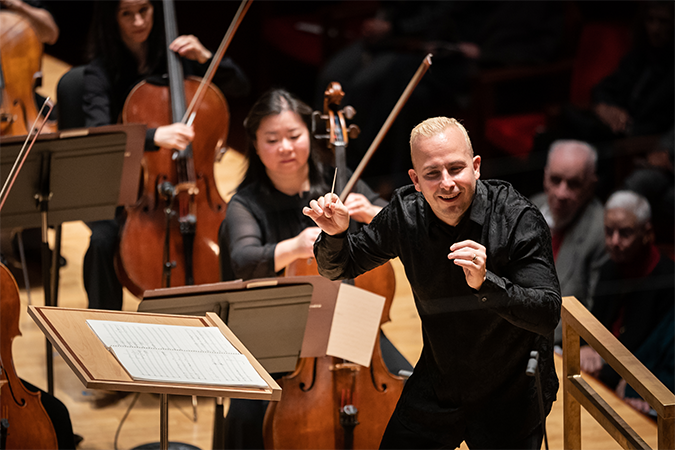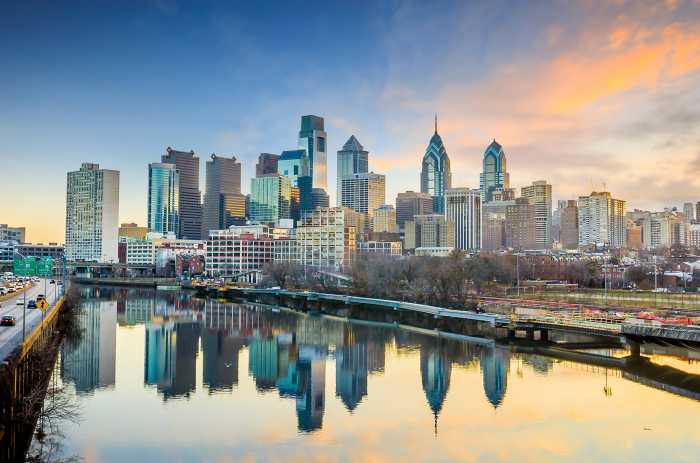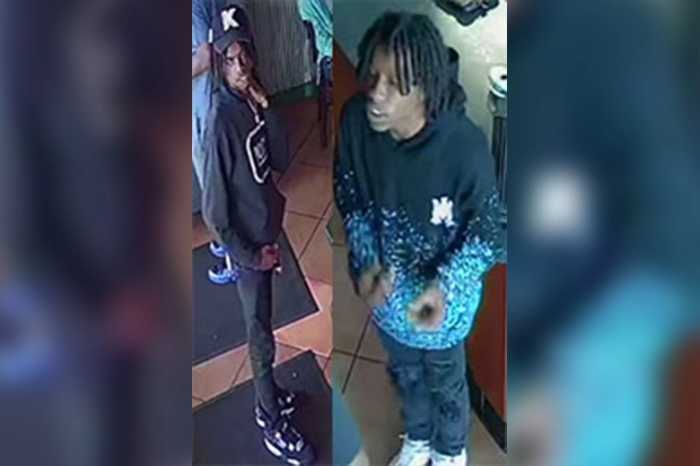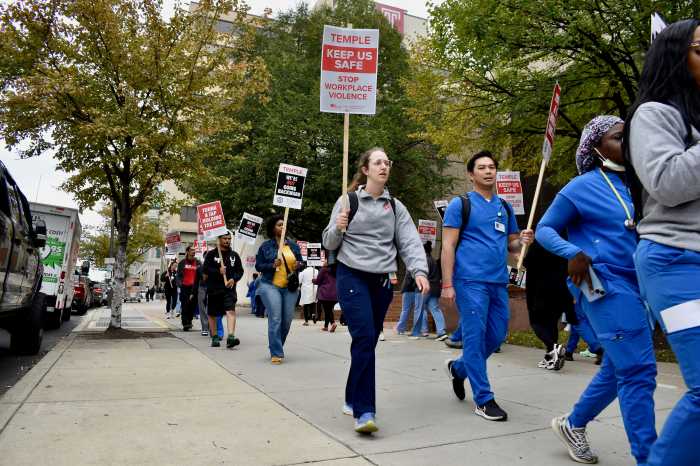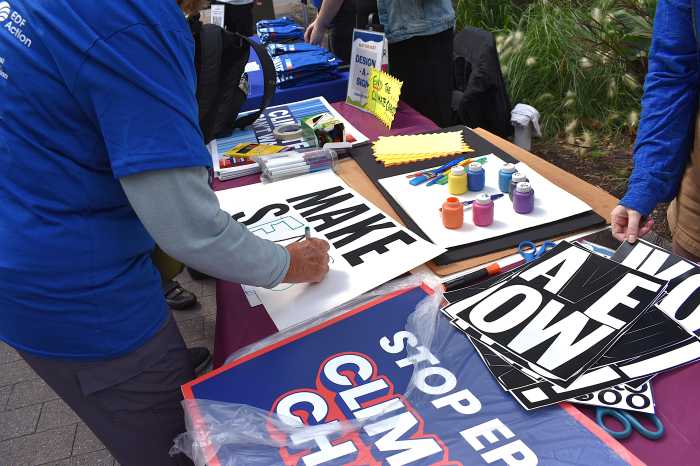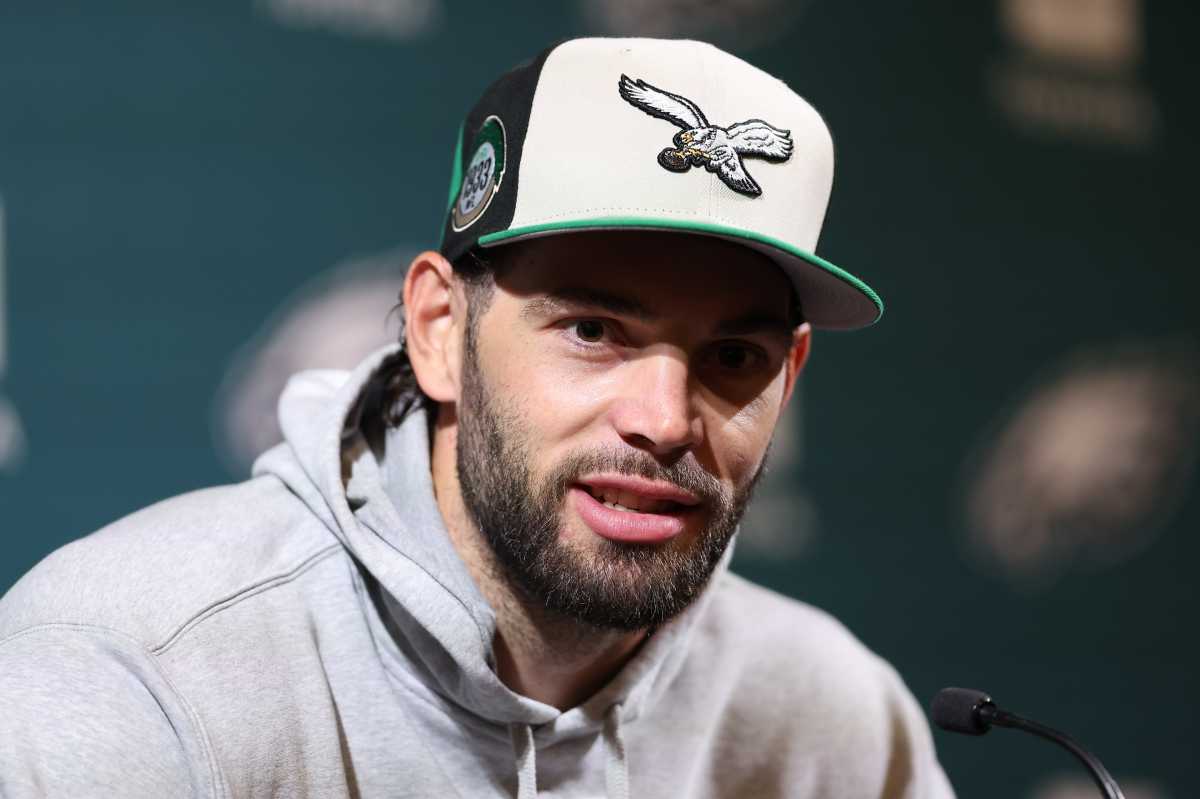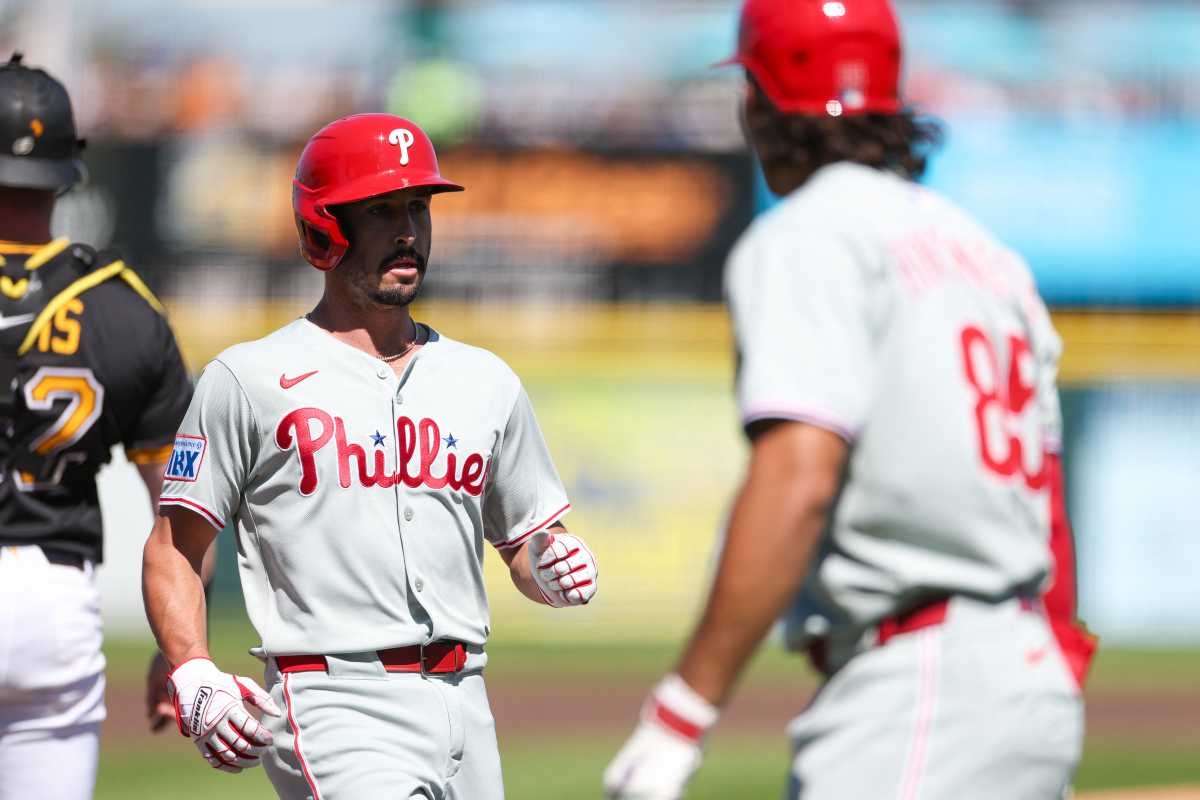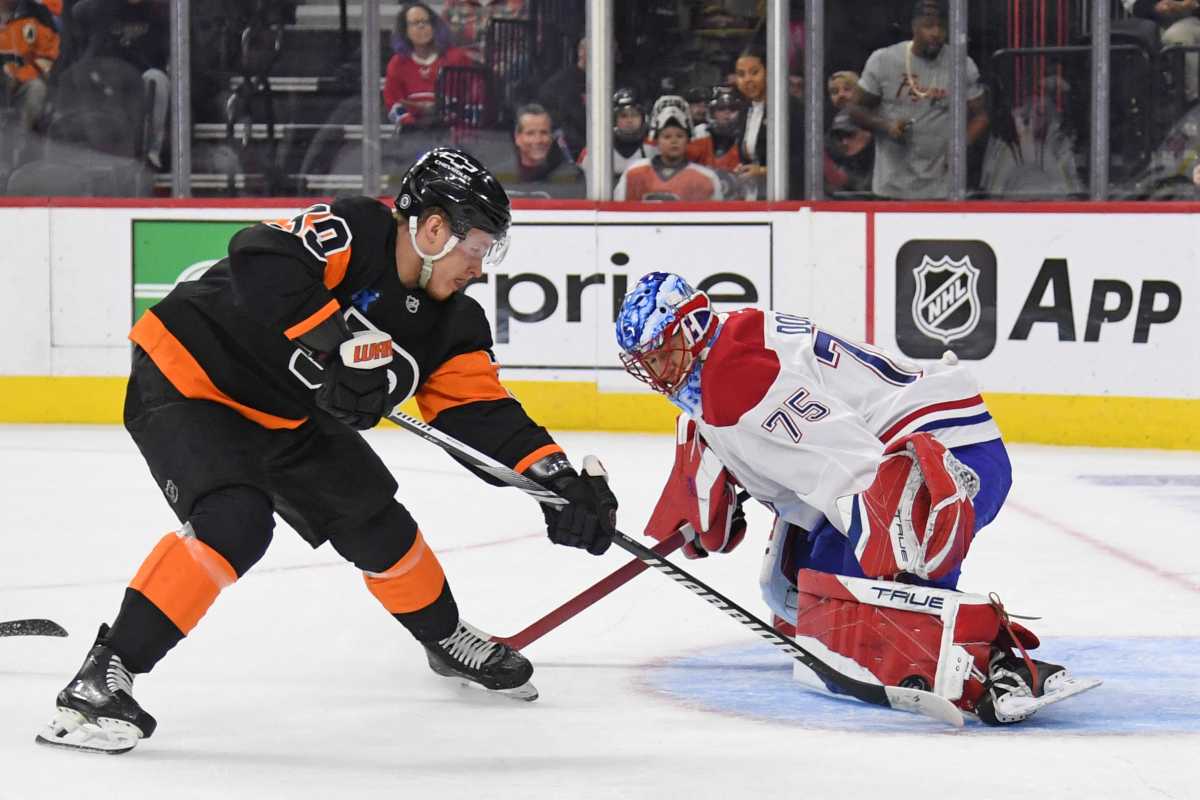If you have ever spent an evening at the Mann Music Center listening to the Philadelphia Orchestra, then you had the pleasure of hearing one of the best sounds in Philadelphia. In fact, the city’s orchestra is one of the top five in the country — and if you are fortunate enough to attend a concert , you know why.
The roots of Philadelphia’s musical theater date back to January 1749, when an English troupe utilized a re-purposed warehouse on the Delaware River to perform ‘The Beggar’s Opera‘. Ten years later, the Hallam Company took up temporary residence at the intersection of Hanock and Cedar streets and then in 1766, would construct the Southwark Theatre —which was the first permanent location of its kind in America.
Opera Philadelphia
This month , Philadelphia is celebrating the anniversary of another one of its finest musical entertainments. On Saturday , Sept. 13, Opera Philadelphia will celebrate five decades of existence with a performance of ‘Vox Ex Machina.’ The Gala will include a performance at the Academy of Music followed by dining at Reading Terminal Market.
It’s been 50 years since the Philadelphia Grand Opera Company and the Philadelphia Lyric Company joined together in 1975. The merger ended years of competition between the two groups — the PLOC dating back to 1958 and the PGOC having roots in the city as far back as 1916 .
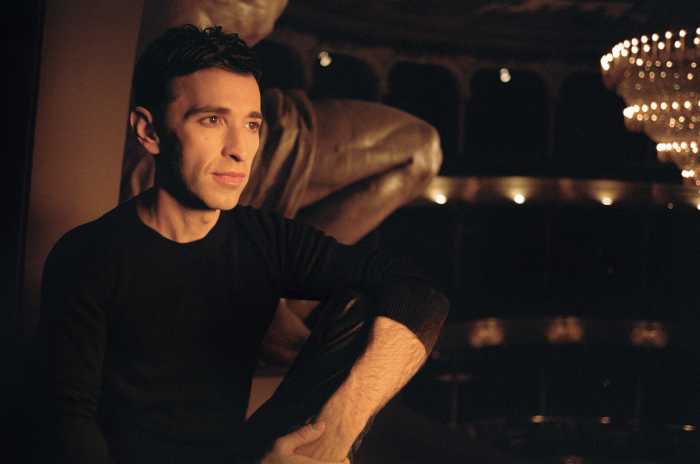
The combined talents of Adele W. Paxson, Max Leon, and Carl Suppa not only brought the two organizations together , but in the year of America’s bicentennial saw the first performance of Gian Carlo Menotti’s ‘The Hero’ in June of 1976.
A little over a century after the 1916 performance , the organization renamed itself Opera Philadelphia. Financially affected by the pandemic , the company announced extension cuts to staff and expenses as well as the resignation of Director David Devan in 2023.
The Philadelphia Orchestra
The Philadelphia Orchestra dates back to the year 1900, and the early days of the Philadelphia Orchestra were very historic indeed. The iconic Richard Strauss became a guest conductor right after the turn of the 20th century, international pianist Arthur Rubinstein debuted with the orchestra in 1906, and the musicians even made a trip to the White House that same year during Teddy Roosevelt’s presidency.
The Philadelphia Orchestra was first in a number of categories. One hundred years ago in 1925 , it was the first to make an electrical recording. Four years later, in 1929 , they were the first orchestra to make a commercial appearance on the radio airwaves and were also the first to appear on television in 1948. In 1997, they were the first orchestra to broadcast a concert on the Internet and even made history by being the first to release a compact disc of Beethoven’s Symphonies in 1988.
Over the years , Philadelphia’s orchestra continued to make history along with that iconic sound. Music Director Leopold Stokowski helped to give the Philadelphia Orchestra the sound that it has today and raised it to a prominent organization beginning in 1912. Eugene Ormandy joined the organization in 1936 and worked as its music director until 1980. He made a visit to the People’s Republic of China a reality — another first for one of the country’s finest musical ensembles .
In April 2011 , a large operational debt of over $ 14 million prompted the Philadelphia Orchestra Board of Commissioners to vote for a reorganization. Nearly one year later, they officially completed with bankruptcy protection. Five years after — and only 60 minutes before the annual Opening Night Gala Concert — the orchestra went on strike. They actually were able to avoid a strike in 2023 after adding more musicians and staff, including two librarians agreeing to a three-year contract.
If you have a chance to see the Philadelphia Orchestra or Opera Philadelphia — there is no doubt that both will leave a lasting impression on you. Just as they have for 125 years here in Philadelphia.
